Rumors of a pair of Apple over-ear headphones have been circling for a while now, with numerous outlets reporting that the San Cupertino company is planning to release a pair of studio-quality cans this year.
According to a report by Bloomberg, Apple’s over-ear headphones, which some are calling the Apple StudioPods, could arrive in the second half of this year. And we're not talking about a new pair of Beats headphones – we're talking Apple-branded.
With Apple’s WWDC 2019 keynote fast approaching on June 3, could we be about to see the brand’s first ever over-ear headphones?
What we’ve heard so far
Rumors surrounding a pair of Apple over-ear headphones are just that – rumors. There’s been no confirmation from Apple that it’s planning to release cans to compete with the likes of Bose, Sennheiser, and Sony headphones.
The earliest reports of Apple over-ear headphones came in February 2018 from KGI Securities analyst Ming-Chi Kuo, who claimed that Apple was working on updated AirPods and “own-brand, high-end over-ear headphones with an all-new design”.
As we now know, Kuo’s prediction about the updated AirPods turned out to be right, as the release of AirPods (2019) earlier this year demonstrated.
He was also right about the kind of upgrades Apple’s true wireless earbuds would receive, predicting that they wouldn’t look very different from the original AirPods, but would have an upgraded chip and a wireless charging case.
With Kuo’s predictions being correct so far, we wouldn’t be surprised if he was right about the over-ear model too.
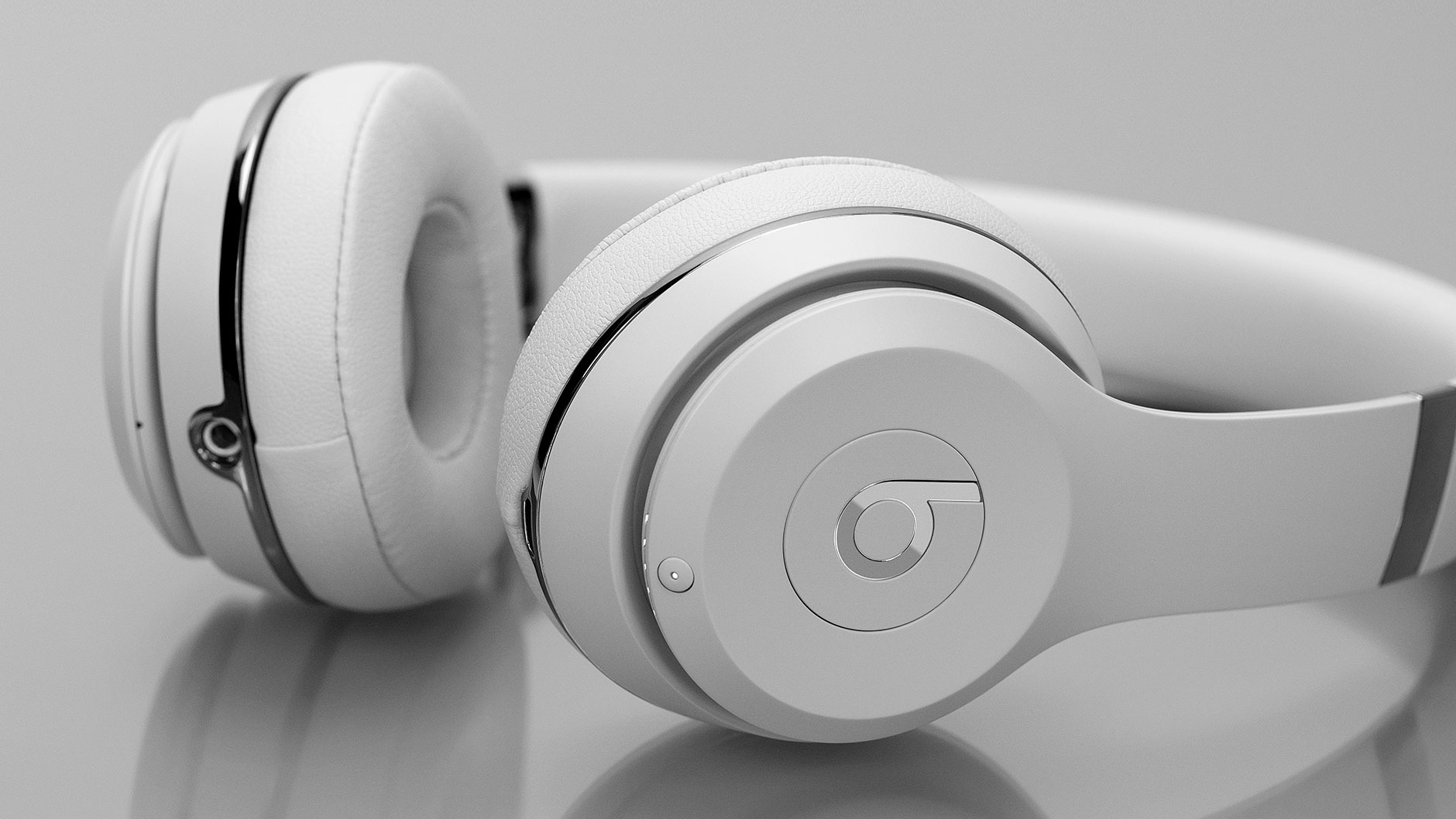
The Beats Studio 3 Wireless headphones (Image credit: Apple)
In June 2018, Bloomberg reported that Apple was planning “studio-quality over-ears headphones” that will “use Apple branding and be a higher end alternative to the company’s Beats line”.
Apple acquired Beats in 2014 for $ 3 billion, and already sells Beats-branded over-ear headphones on its website.
Speaking to people close to the matter, Bloomberg reported that Apple originally intended to “introduce the headphones by the end of 2018, but has faced development challenges”, and is now targeting a 2019 launch.
More recently, a January 2019 report from Bloomberg said that the new headphones could arrive in the second half of this year.
Despite no official confirmation from Apple that the headphones exist, some outlets have already started calling the rumored headphones the Apple StudioPods. As MacWorld says, the company is likely to seek consistency by “re-using the Pod suffix that unites so many of its music products: the EarPods, AirPods, HomePod, and iPod”.
- Apple HomePod 2: rumors, news, release date and more
What we want to see from Apple's over-ear headphones
The best over-ear headphones combine slick design, comfort, and portability – ideally without breaking the bank. But these days, headphones can be incredibly tech-heavy as well, which is what we would expect from a pioneering company like Apple.
That’s why we’d like to see modern conveniences like wireless connectivity, built-in voice assistance, and active noise-cancelling in the rumored Apple over-ear headphones – and above all else, fantastic sound quality.
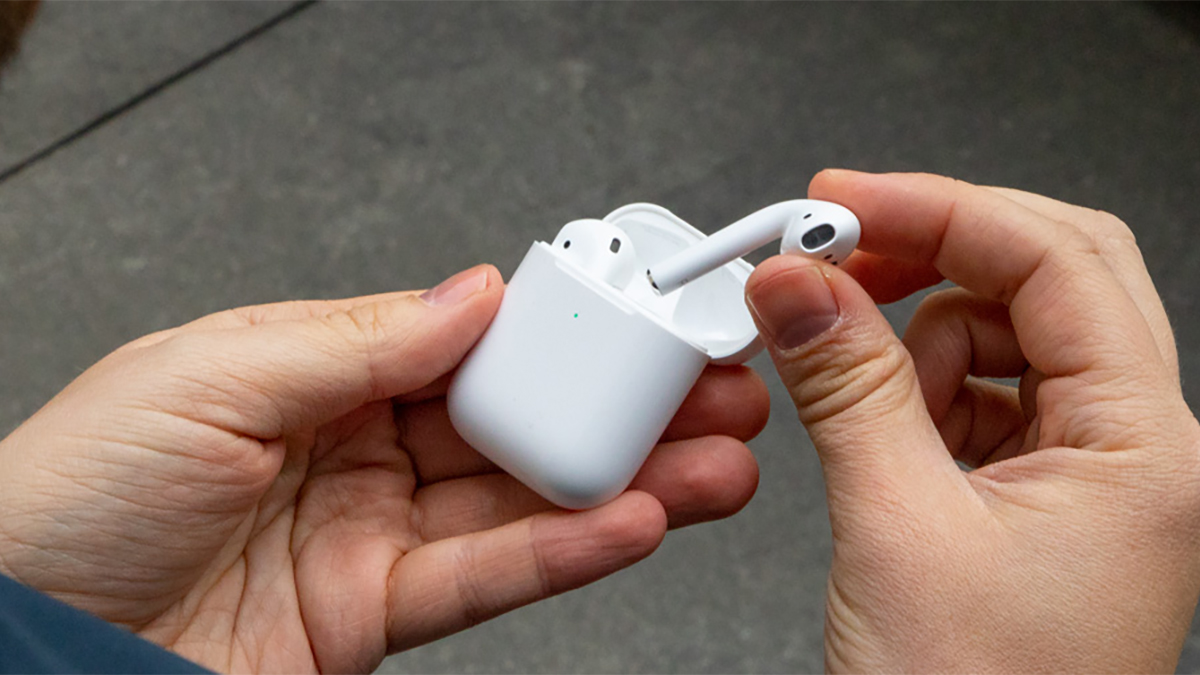
The Apple AirPods (2019) (Image credit: TechRadar)
Better sound quality than the AirPods
They may be popular, but Apple's AirPods have never been known for their audio quality. While they have a lively presentation, they can sound a bit harsh when it comes to higher frequency sounds like snares, violins, and trumpets.
The Apple AirPods also aren’t the bassiest earbuds on the market – but more powerful bass could absolutely be achieved by a higher-spec pair of over-ear headphones.
Ketan Bharadia, International Technical Editor of What Hi-Fi? agrees: “I've never rated the sound of the company's in-ears but, considering [Apple’s] engineering might and the sonic qualities of their iPhones and the HomePod, there's plenty of potential for over-ears to stir things up.”
Over-ears tend to offer higher sound quality than in-ear models anyway, partly because they have bigger drivers than in-ear models. These larger drivers are able to displace larger volumes of air than their smaller counterparts, which in turn creates a more powerful audio performance.
According to Audio Advice, these larger drivers tend to reproduce the “widest range of frequencies, from silky smooth highs to tight, deep bass,” providing a richer, more colorful soundstage than in-ear headphones.
- Apple AirPods 2 release date, news, and rumors
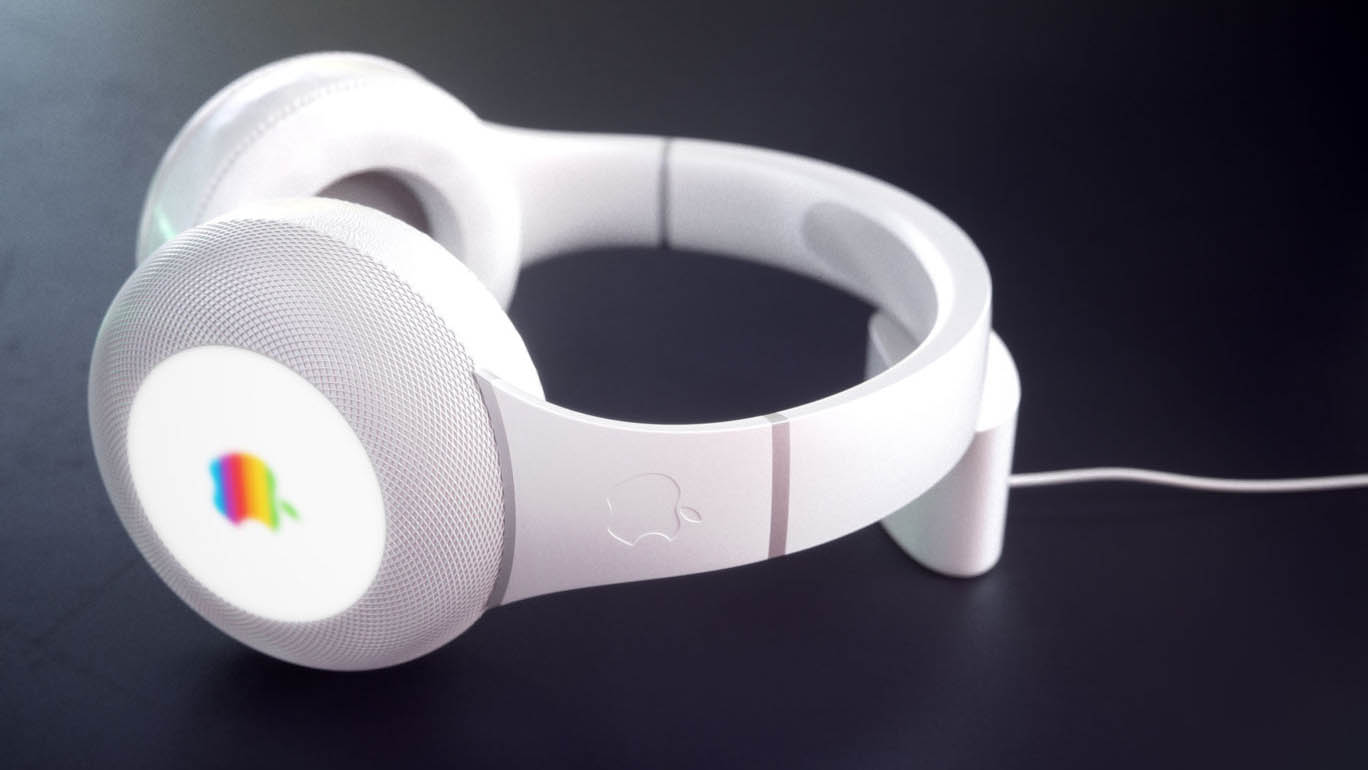
This mockup from Curved shows the so-called StudioPods charging wirelessly (Image credit: Curved / Labs)
Classic Apple design
Take away the technical aspects of a pair of headphones, and you’ve essentially got a (potentially very expensive) piece of headgear – and as such, it’s important that they look good.
We know that Apple has a strong design aesthetic; despite initial ridicule, the Apple AirPods have become iconic for their unique design, with lots of true wireless earbud manufacturers since taking inspiration from their long, protruding stems and all-white minimalist color scheme.
Although Apple hasn’t even confirmed the existence of the StudioPods, that hasn’t stopped German tech publication Curved from mocking up its own concept illustrations of what the headphones might look like.
The illustrations from Curved are based on the look of Apple’s HomePod, framed by “the same textile mix as Apple’s smart speaker”.
They also take inspiration from Beats headphones in terms of their shape and build, but swaps the Beats logo for Apple’s own hallmark.
Curved also predicted that the headphones would charge wirelessly, showing the mocked-up headphones resting on an Apple-branded charging platform, and that the housings would feature touch controls, a little like the Microsoft Surface headphones.
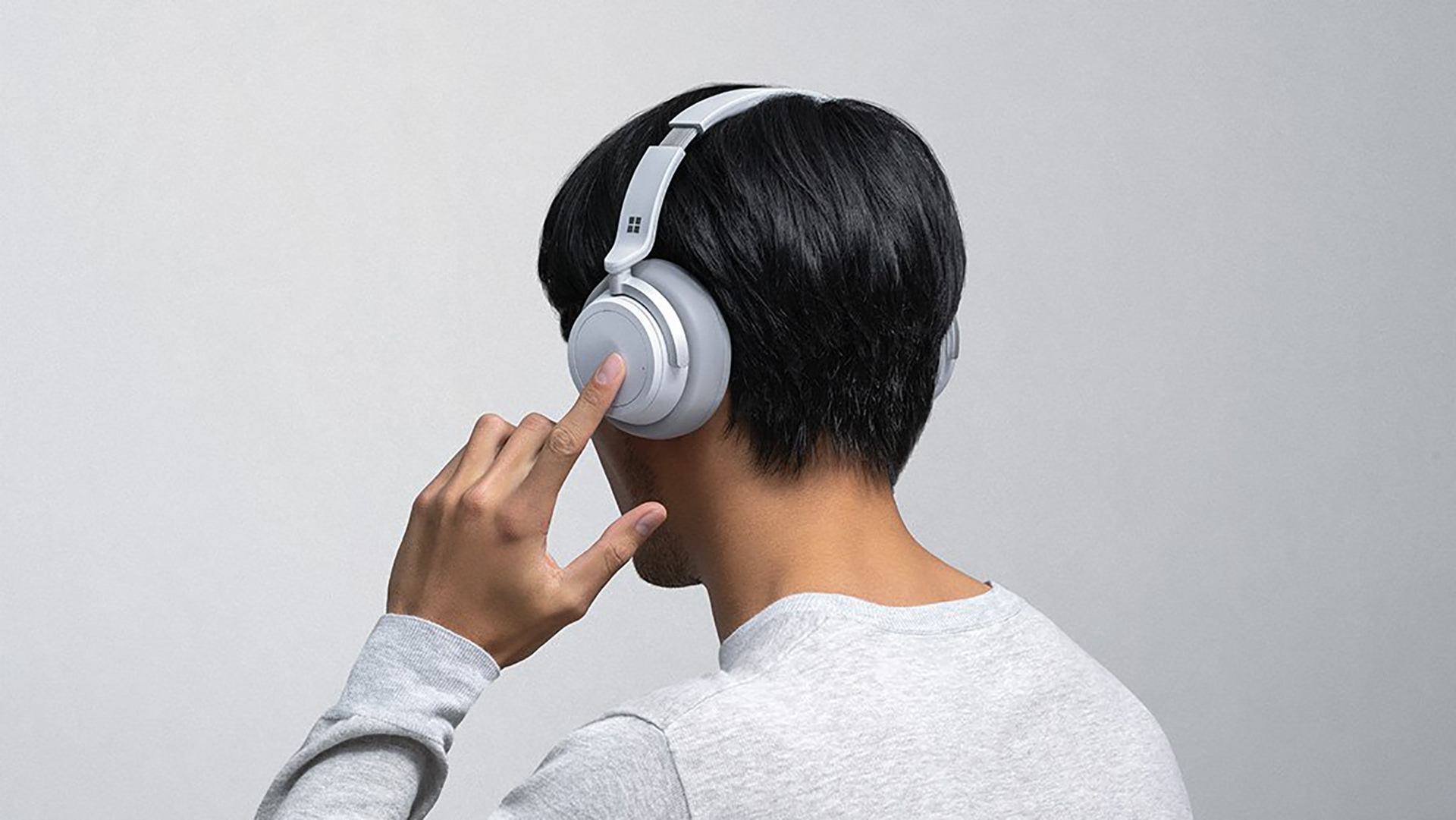
The Microsoft Surface Headphones (Image credit Microsoft)
Decent sound isolation
The way Apple’s over-ear headphones sound will have a huge impact on the different situations they can be used in, as Senior Supervising Engineer at the National Film & Television School Jeremy Rodeschini explains:
“My role is to do with sound engineering covering a wide range of applications from theatrical sound to VR as well as live sound – and each application has very different requirements.”
While Rodeschini looks for “excellent isolation from ambient noise, reliability, and robustness” from the headphones he uses for mixing live sound, comfort and “a slightly flattering response” is preferable when he’s recording actors delivering their lines in the studio.
Of course, noise isolation isn’t just useful for working with live sound; for anyone who wants to listen to music in loud environments, like on their daily public transport commute for example, good noise isolation makes a world of difference.
How well a pair of headphones can isolate ambient noise depends on how well they seal around your ears, creating a physical barrier that prevents environmental sound from getting to your ears; this can be challenging for over-ear styles, as they don’t offer as tight a seal as in-ear models.
Still, a good pair of over-ear headphones should be able to physically block a decent amount of ambient noise, and this is something we would expect from a pair of high-end headphones from Apple.
Fantastic noise-cancelation
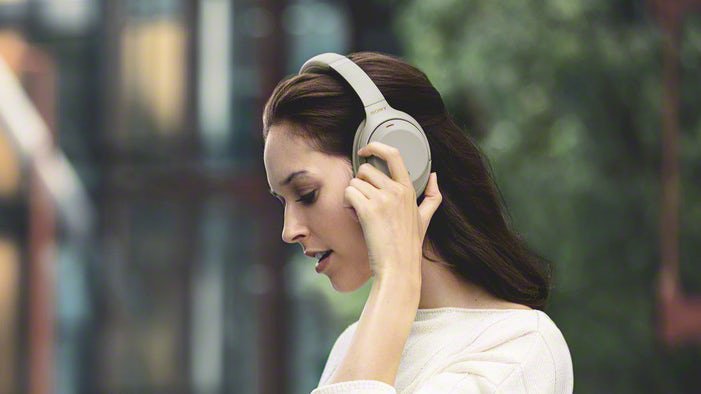
The Sony WH-1000MX3s (Image credit: Sony)
If Apple wants its StudioPods to compete with the best over-ear headphones on the market, it should take a leaf out of Sony’s book, and offer the same high-standard of noise-cancelation provided by the Sony WH-1000XM3s, as well as noise isolation.
The best noise-canceling headphones make commuting a breeze, eliminating the noise of crying babies, honky traffic, and the loud conversations of your neighbors by digitally tuning out unwanted environmental sound.
With Apple’s technological might, we’d be surprised if a pair of over-ear headphones from the San Cupertino company didn’t include noise cancelling technology – after all, it’s an increasingly common feature of premium headphones.
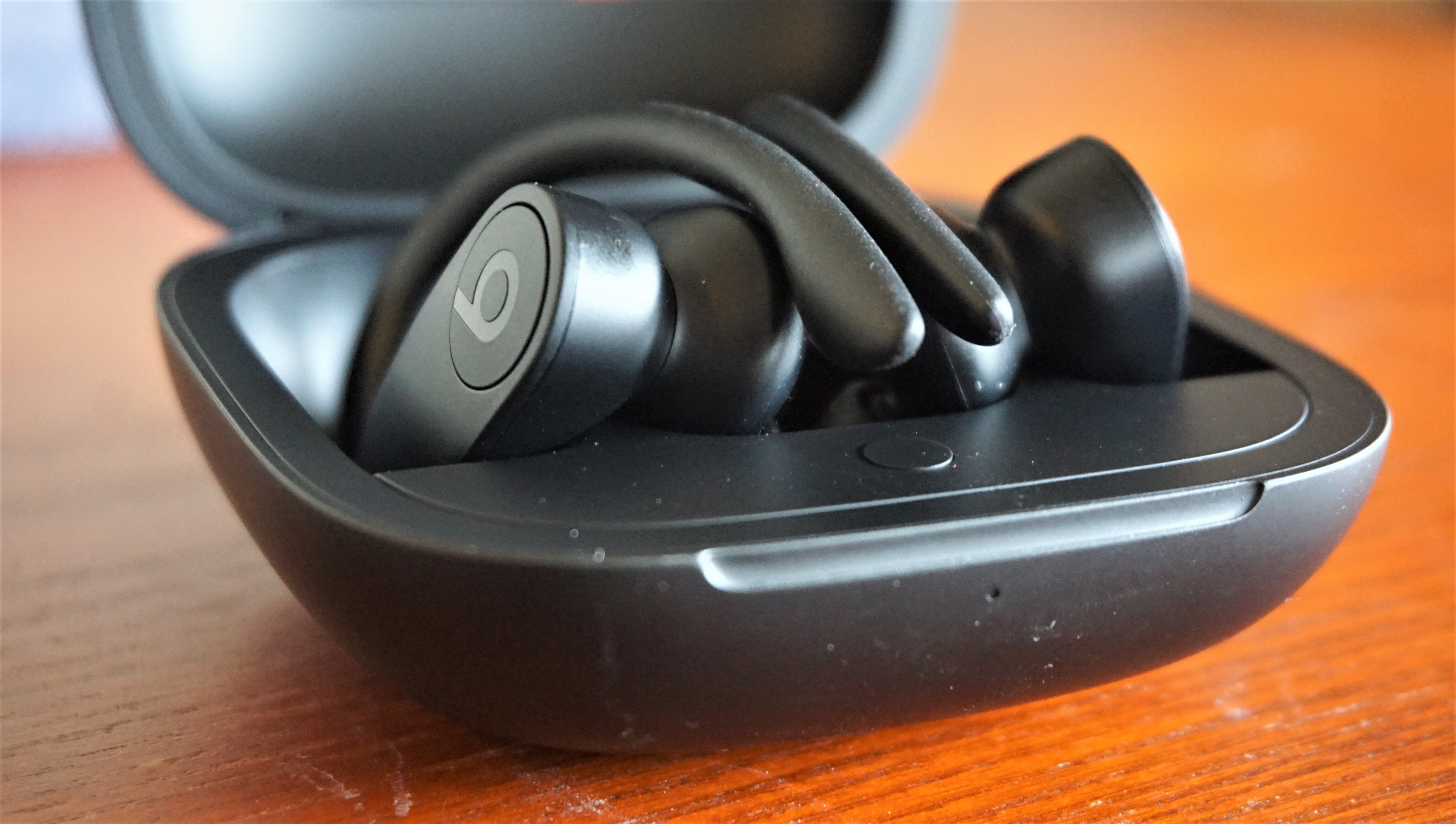
Both the Beats PowerBeats Pro and the Apple AirPods (2019) contain Apple’s H1 chip (Image credit: TechRadar)
Apple's H1 headphone chip
If Apple is going to release a pair of over-ear headphones, we’d expect them to have the same H1 headphone chip that’s built-in to the AirPods (2019) and the PowerBeats Pro.
Apple’s new H1 chip is designed to improve connectivity and battery life, and allows for a new ‘Hey Siri’ voice activation feature in the upgraded AirPods – all of which we would like to see in any future Apple over-ear headphones.
Wireless isn’t everything though – if Apple markets these headphones as studio-quality cans, the option to use a wired connection to your device will be crucial.
This is because wired headphones tend to offer higher quality audio than their wireless counterparts, as Joe Cox, Global Editor-in-Chief of What Hi-Fi? explains:
“Bluetooth would traditionally compress your music files to transmit them wirelessly, reducing audio quality before it’s even reached your headphones”.
While advances in Bluetooth like aptX HD means that audio quality is far better than it once was, you won’t find this technology in Apple’s AirPods (2019) – and if the company doesn’t include support aptX HD in the StudioPods, the option for a wired connection will be important to get that studio-quality sound.
Audio accuracy
It could be that the new Apple StudioPods take inspiration from the over-ear headphones already offered by Beats like the Beats Studio 3 wireless noise-canceling headphones – but these models aren’t exactly known for their audio quality either, with some criticizing their bass-heavy presentation.
If Apple frames these new headphones as studio-quality, true audiophiles like Rodeschini will be looking for perfect audio accuracy:
“Personally I like a comfortable pair of headphones that delivers a sound that is as close to the original as possible so I get to appreciate all the expertise of the mixer and get as close as possible to the artists intention.”
He continues, “if a headphone is adding any color to the soundtrack, it would be like adding the same blend of spices to every dish you eat without the chef's knowledge – not desirable in my opinion.”
- Apple's WWDC 2019 keynote: everything you need to know